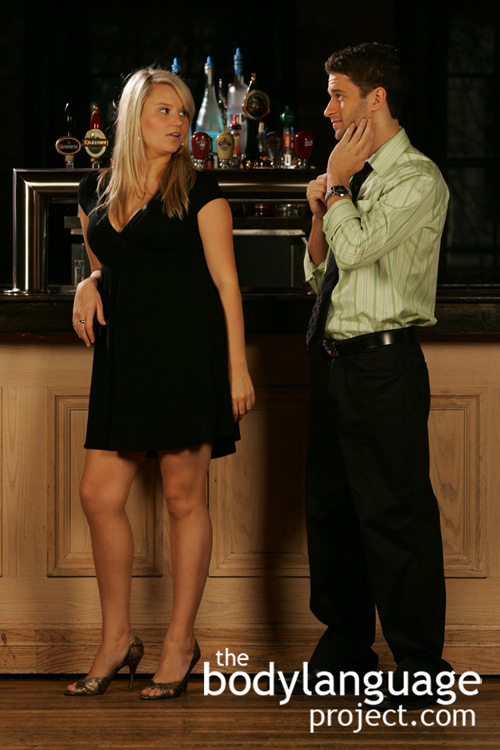
While he COULD be lying, it’s much more likely that he’s actually anxious. We instinctively (and wrongfully) link anxiety with lying, when in fact good liars often feel no anxiety whatsoever when they lie, and honest people feel anxiety when they think they will be disbelieved.
It is a widely held belief that emotional arousal and stress, is strongly tied with lying. It is also at the heart of the polygraph or lie detector. Here, autonomic responses which happen in our bodies without our conscious control such as sweating or ‘skin conductivity’ is measured as well as increases in heart rate and breathing. It is assumed that when lies occur, stress related behaviours increase. Lie detector machines measure a baseline, that is, they take readings when lying is known to occur and compare it to readings when lying is thought to occur. By reading the differences, lying should become obvious.
We can use similar methods to read arousal without the help of the polygraph. Watching for an increase in adaptors, shifting, subtle movements, touching or scratching the face, neck or nose can show us that someone is uncomfortable. What it won’t show us is the reason for the discomfort. By grilling someone for the truth, this is often enough to cause someone to feel stress thereby creating the behaviour instead of uncovering it. Other clues to an increase in stress includes an increase in eye blinking, changes in posture, avoiding eye contact and foot and leg movement. It is important to always put fear of lying and arousal into context. Someone with little fear, little to gain or loose, or in other words, ‘when the stakes are low’ wont show any of these signals. Aside from this lack of tell, it is important to realize that body language cues, especially lying language is not a result directly of lying, but rather an indication of the stress, fear and anxiety that may or may not be present when lying.

